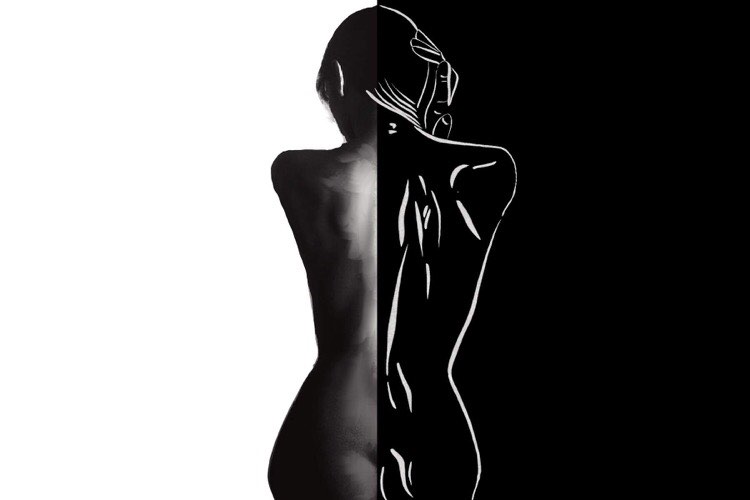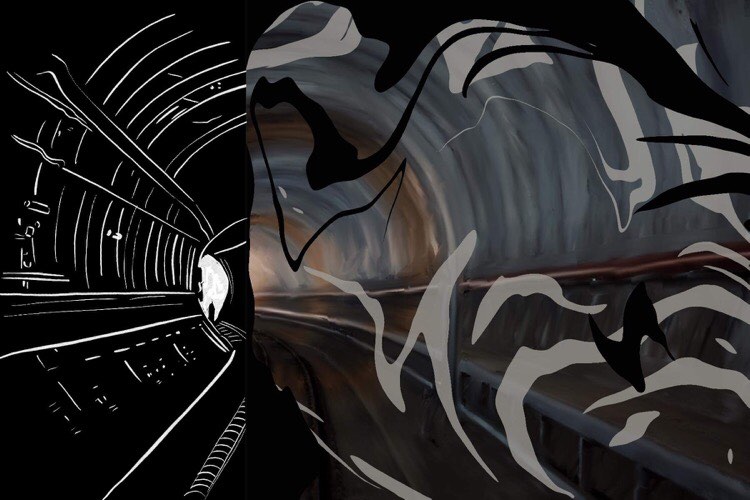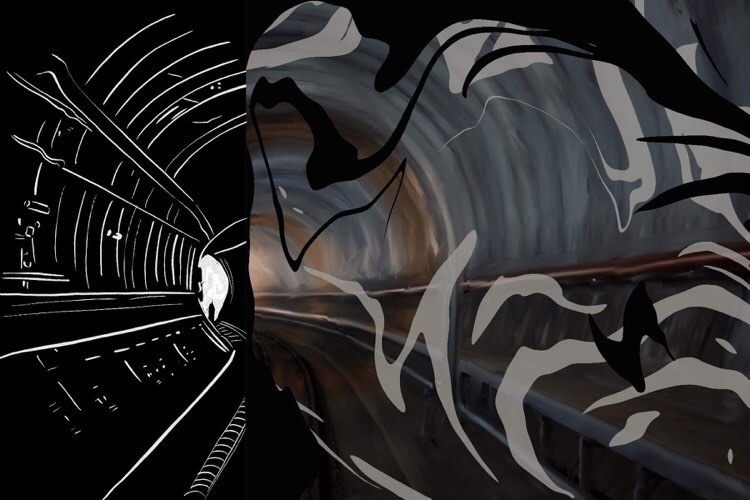History is often treated as a work of art, or artifice. Churchill boasted that “history will be kind to me for I intend to write it”, while Napoleon called history “a set of lies agreed upon”. Historians speak of weaving pieces of evidence together like threads of silk. And, I, a history student, can attest that coming up with an essay thesis at 3am requires a hefty dose of imagination.
The reigning queen of historical fiction, Hilary Mantel, discussed the “cultural cringe” associated with the genre when she started out in the 1970s. It was seen as a fluffy genre, elevating sex and scandal above ‘historical truth’. But as Mantel reminds us (alongside Napoleon and Churchill), records of the past always represent a crafted narrative. The difference between history and historical fiction is that readers of the latter are “actively requesting a subjective interpretation”, compelling the writer to “recreate the texture of lived experience”.
This week’s recommendations each represent a unique “texture of lived experience” to perfection, proving that historical fiction is a genre full of excitement and experimentation, and one that also demands to be taken seriously.
Entry-level: The Seven Husbands of Evelyn Hugo – Taylor Jenkins Reid
Amelia, deputy editor
If historical fiction “isn’t your thing”, read this book. It’s about as far from stuffy period romances or war novels that you could possibly get, yet its filmic quality offers an enchanting look into 1950s Hollywood, with all its glamour and grotesqueness.
Ageing film star, Evelyn Hugo, who has long been shrouded in mystery, decides to tell her life story through unknown journalist, Monique Grant. We follow Hugo, born Evelyn Herrera to Cuban immigrants, as she fights her way from poverty and obscurity into the limelight. Her methods are often ruthless, but her flaws make for compelling and unforgettable narration. Evelyn has to fight against the pressures and discrimination faced by women caught up in 1950s celebrity culture, as well as trauma experienced in her personal life.
The Seven Husbands of Evelyn Hugo reads, in many ways, like a delicious gossip column, but it never strays into the superficial. Despite the historical setting, it is superbly modern. Queer representation is a central feature of this novel, and with two biracial female protagonists, it feels like a story that needs to be heard.

A taste of Dickens: Fingersmith – Sarah Waters
Cora, books editor
Fingersmith is a novel set in the Victorian era that is also reminiscent of a novel from the Victorian era. Hailed as a modern-day Dickens, Waters achieves that unique combination of page-turner and painstaking detail that is the hallmark of the greatest Dickensian works (don’t worry, though, the sentences are definitely shorter!).
The novel tells the story of orphaned Sue Trinder, who has been primed for a life of crime in “a Fagin-like den of thieves”. Sue is enlisted in a plot by the villainous ‘Gentleman’ to seduce a rich heiress, robbing the girl of her fortune before chucking her into a ‘madhouse’. Commence a thrilling crime story, equipped with stunning plot twists and a fraught love story between two young women.
Waters is straightforward about the aspect of the Dickensian landscape she seeks to explore. This is a book about female sexuality, and the attempts of men to manipulate and abuse it – a book thatopens with a reference to Dickens’ Oliver Twist,but zeroes in on the murder of the sex worker, Nancy, rather than the story’s male protagonist. If you’re looking for a read with all the richness of Dickens, told through the lens of women’s struggles and desires, then Fingersmith is for you! And check out its (not safe for work) South Korean film adaptation, The Handmaiden, while you’re at it.

Booker Prize winner: The Narrow Road to the Deep North – Richard Flanagan
Eve, books editor
This novel portrays the barbarity of a Japanese prisoner of war camp on the Burma railway. Military surgeon, Dorrigo Evans, the leader of a starved and depleted group of Australian prisoners, contemplates his affair with his uncle’s young wife as he struggles to ensure the survival of his men.
In an achievement befitting of Hemingway, Flanagan weaves together the complex, interconnected nature of love and war: both “annihilation, destroyer of worlds”. But the narrative is not confined to this devastating chapter of history. What Flanagan, himself the son of a prisoner of war, depicts so powerfully is the far-reaching impact of horror. Dorrigo, hailed as a war hero in the national imagination, cannot comprehend the world he occupies as he tries and fails to “rouse his spirit” in “consecutive and concurrent adulteries”. Japanese camp commander, Nakamura, cannot reconcile the kindness of his wife caring for him in his final days with the violence he has inflicted. The Narrow Road to the Deep North is a study of what it is to be human, both good and bad, and acts as a powerful tribute to the victims of the railway: “There is no book for their lost souls. Let them have this fragment.”

Recent history: Half of a Yellow Sun – Chimamanda Ngozi Adichie
Devanshika, deputy books editor
Set against the backdrop of the Biafran War in Nigeria, Adichie’s novel avoids the most common trap of historical fiction – centring on the wider issues of the historical period at the expense plot and character development. Instead, she writes a story that is at once defined by and distinct from its setting. Narrators shift continuously, beginning with a young servant boy, Ugwu, and then cycling through intertwining stories of the professor he works for, the professor’s mistress and her sister.
The simple yet evocative writing – including insertions of Igbo idioms and phrases – help to situate the reader in the book’s vivid cultural background. Praise for the novel often references its inclusion of characters and anecdotes from across very different spectrums, from the corridors of wealthy urban bureaucracy to bombed villages. Undercurrents like the gap between Western modernity and indigenous ties, family loyalty and national identity, are visible throughout, but never overshadow the social drama at the foreground. Essentially, come for the history, stay for the gripping character arcs.

YA favourite: The Gilded Wolves – Roshani Chokshi
Devanshika, deputy books editor
Historical fiction with a fantasy twist, the first book in Chokshi’s latest trilogy also addresses the complex social issues of its temporal setting whilst managing to deliver a compelling plot. The central heist, set during the 1889 World Exhibition in Paris, is undertaken by a diverse group of young Parisians – the protagonist is of mixed race, two main characters are Indian and Filipino immigrants, another is on the autism spectrum. This allows for a nuanced portrayal of the time that doesn’t gloss over prevalent problems like racism, imperialism and sexism.
Colonialism is especially well-integrated into the fantasy world’s magic system, which uses stolen magical artefacts to reflect the European appropriation of objects, beliefs and practices from around the world. Don’t worry that it’s too serious, though, because there’s no shortage of high-adrenaline escapades, romantic subplots and surprise twists.
The book as a whole treads the line between a number of different literary genres, including fantasy, history and contemporary YA. This mix of elements means that the Gilded Wolves is enjoyable even for readers who may find historical fiction too confined to actual events and facts to be exciting. FYI: the sequel, Silvered Serpents, came out on September 22nd!




